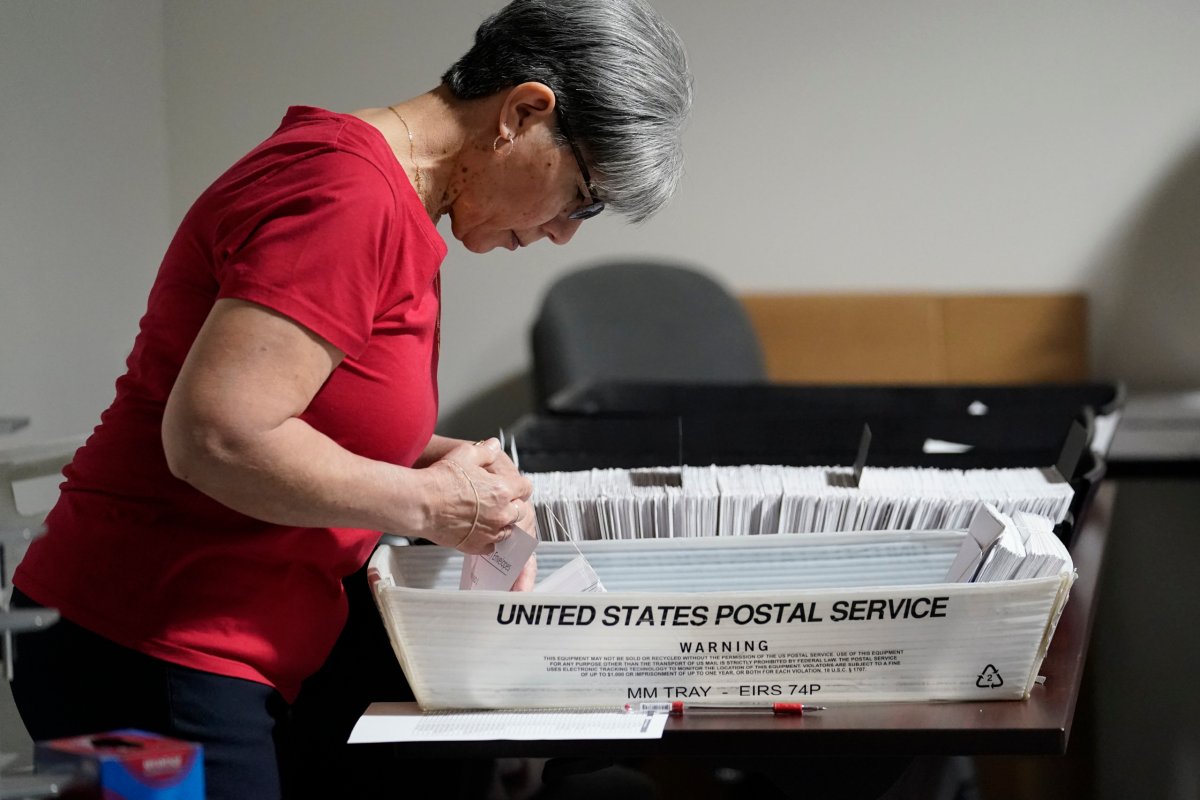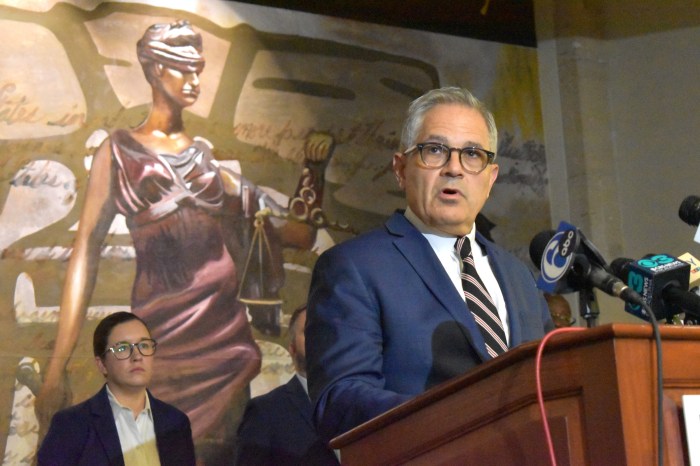By MARC LEVY Associated Press
Pennsylvania’s highest court ruled Wednesday that Republican state lawmakers can no longer try to enforce a subpoena for a wide range of election records they issued in 2021 in a quest inspired by former President Donald Trump’s baseless claims of fraud in the 2020 presidential election.
The court, in a brief order, dismissed three appeals in the case, vacated a lower court order and said the subpoena became “unenforceable” when the state Legislature’s two-year session ended in 2022.
A Republican-controlled state Senate committee issued the subpoena as part of what they called a “forensic investigation” of the 2020 presidential election as Trump and his allies applied pressure in battleground states where Trump lost to Democrat Joe Biden to investigate ballots, voting machines and voter rolls for evidence to support their baseless claims about election fraud.
The subpoena, issued to Pennsylvania’s state elections office, has been on ice for more than two years amid several court challenges. Senate Republicans never issued any sort of public report stemming from their investigation or subpoena, and they did not immediately say Wednesday whether they will look to issue another subpoena.
The ruling is effectively a victory for the state attorney general’s office, Senate Democrats and several voter groups, who had gone to court to try to block the subpoena.
“It was a ton of work and a lot of commotion, and the case goes out with a whimper,” said Witold J. Walczak, legal director of the American Civil Liberties Union of Pennsylvania, which represented the voter groups. “But fortunately, in our view, no damage was done.”
Democrats had argued that the subpoena was an abuse of legislative power, served no legitimate legislative purpose and stemmed from Trump’s efforts to undermine trust in the results of the 2020 presidential election.
Voter groups and the attorney general’s office had argued that some of the detailed election records it sought — such as the driver’s license numbers of 9 million registered voters — is barred from public disclosure by privacy laws. The state also argued that information Republicans had sought about election systems was barred from public disclosure by federal law.
The high court’s order vacates last year’s decision by the lower Commonwealth Court, which said it would leave it up to the Senate to enforce its own subpoena under the state’s contempt laws. All sides appealed aspects of the ruling, while the ACLU had viewed the lower court’s decision as dangerous because of the privacy implications for voters.
The idea of election audits or investigations was propelled by Trump’s most ardent supporters in battleground states, including Pennsylvania, where Trump lost the 2020 election to Democrat Joe Biden.
Republicans in Pennsylvania subsequently spent hundreds of thousands of dollars on legal bills and an election investigation contractor that has yet to issue a public report on its findings.
An Associated Press investigation into potential cases of voter fraud in Pennsylvania and the five other battleground states where Trump disputed his loss to Biden in 2020 found a minuscule number of cases.
Election officials in 11 of the state’s 67 counties identified a total of 26 possible cases of voter fraud, representing 0.03% of Biden’s margin of victory. He defeated Trump in Pennsylvania by more than 80,000 votes, according to the state’s certified results.

































